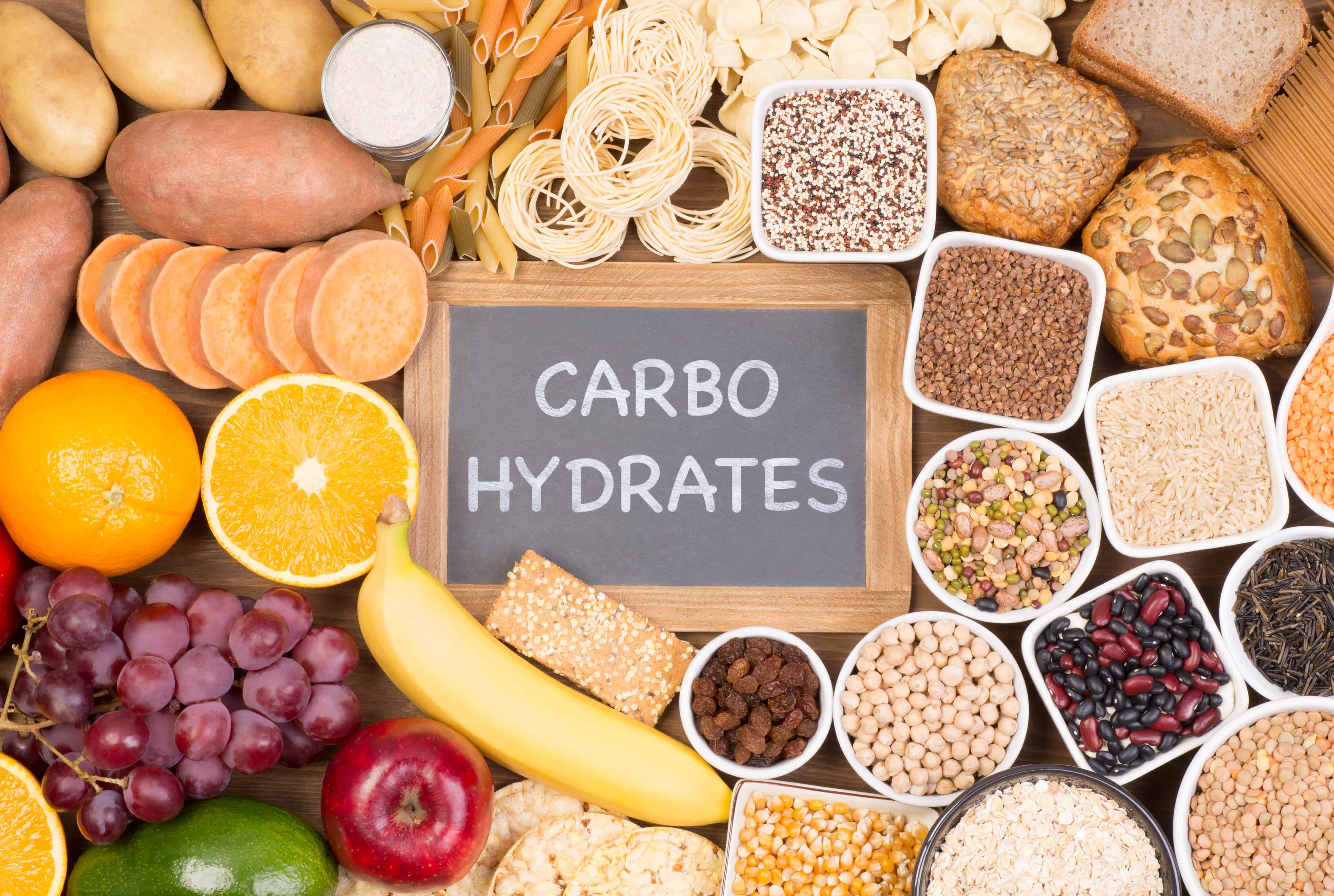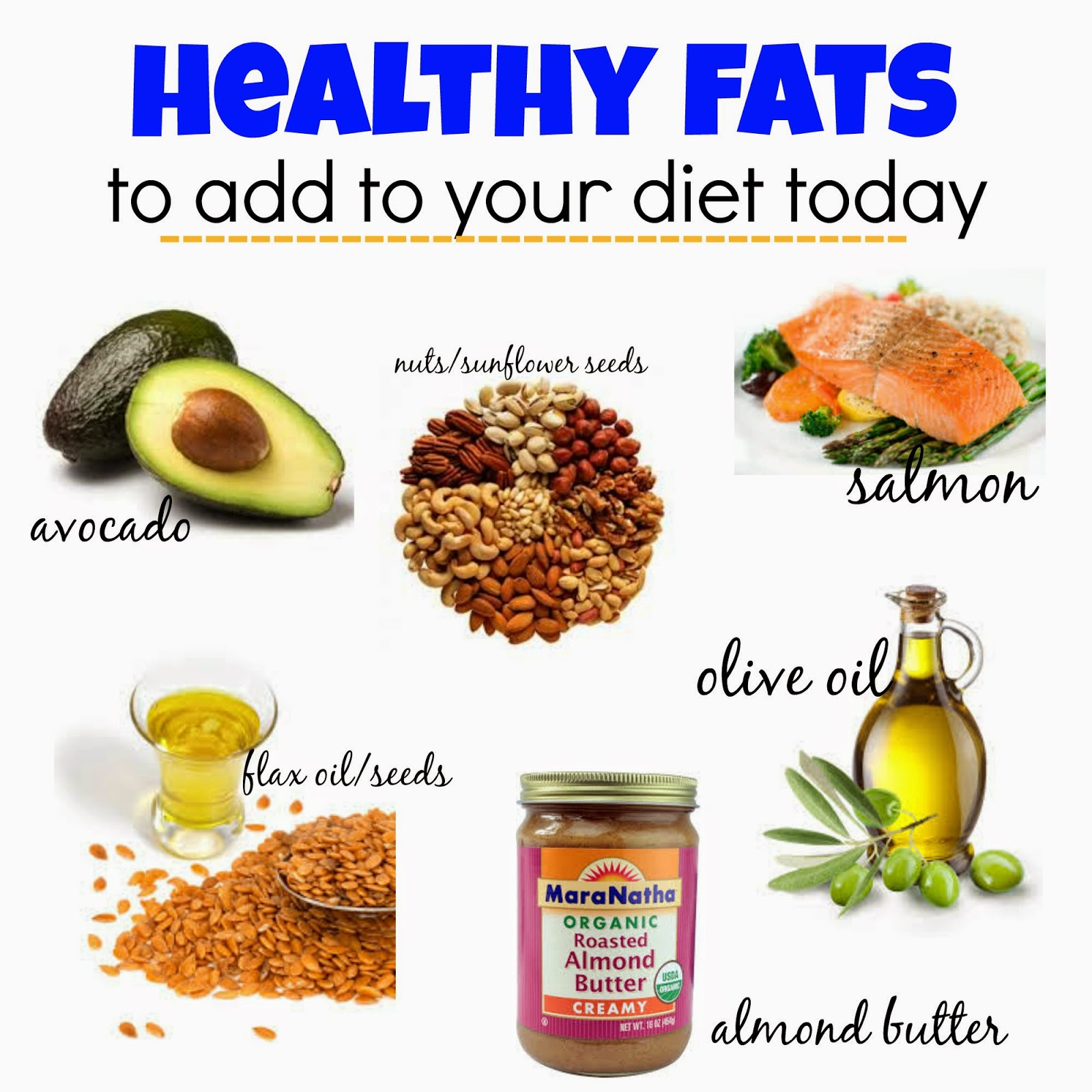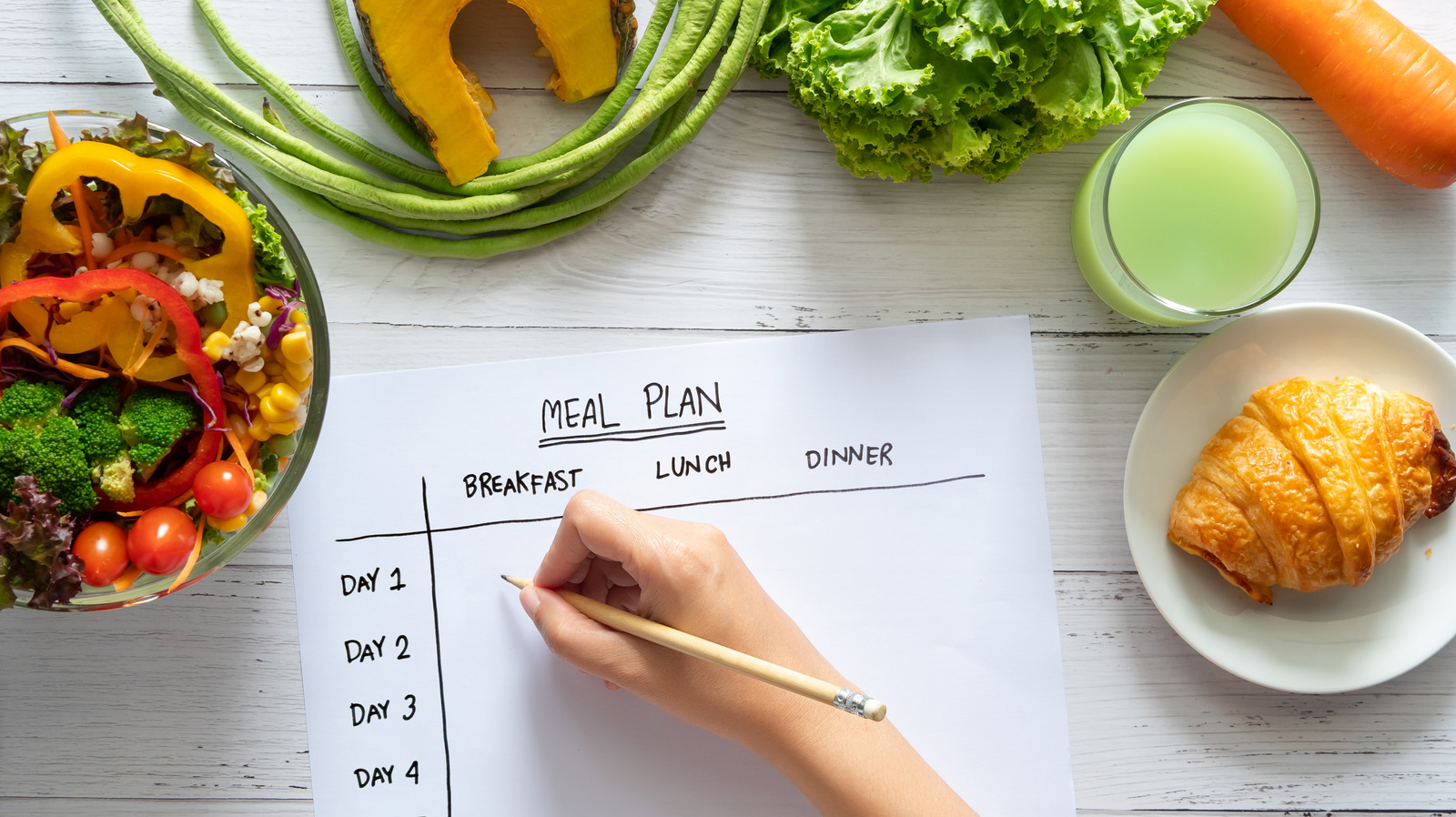The Role of Pre-Run Nutrition in 10K Success
Embarking on a 10K run requires careful planning, especially when it comes to fueling your body. Consuming the right foods before a run, often referred to as ‘what to eat before a run 10k‘, significantly impacts energy levels, endurance, and digestion. A well-balanced pre-run meal can make all the difference in your performance and overall running experience.
Carbohydrates: Your Primary Energy Source
Carbohydrates are the body’s primary energy source, making them an essential component of ‘what to eat before a run 10k‘. Consuming complex carbohydrates before a run ensures a steady supply of energy, preventing mid-run fatigue and enhancing overall performance. Opt for whole grains, fruits, and vegetables as they provide long-lasting energy and essential nutrients. For example, whole grain toast with mashed avocado or a bowl of oatmeal topped with berries and nuts can serve as excellent pre-run meal ideas.
Protein: Supporting Muscle Function and Recovery
Protein plays a crucial role in muscle function and recovery, making it an essential part of ‘what to eat before a run 10k‘. Including protein in your pre-run meal can help prevent muscle damage and promote faster recovery. Lean protein sources like chicken, fish, or plant-based proteins such as tofu, lentils, or tempeh are excellent choices. Aim for about 20 grams of protein in your pre-run meal, which can be achieved by consuming a piece of grilled chicken breast, a serving of tofu, or a scoop of plant-based protein powder mixed with water or milk.
Healthy Fats: Enhancing Endurance and Satiety
Healthy fats are an often-overlooked component of ‘pre-run meal ideas’ or ‘foods to eat before a 10K’. Consuming healthy fats before a run can enhance endurance, satiety, and overall performance. Avocados, nuts, and seeds are excellent sources of healthy fats. Include half an avocado on toast, a handful of mixed nuts, or a sprinkle of chia seeds on your oatmeal as part of your pre-run meal. Keep in mind that healthy fats should be consumed in moderation, as they take longer to digest. Consume them at least 2-3 hours before your run to ensure optimal digestion and energy release.
Hydration: The Essential Companion to Your Pre-Run Meal
Hydration plays a vital role in your running performance, working in tandem with the right foods to eat before a 10K. Proper hydration ensures optimal energy levels, muscle function, and overall endurance. Aim to drink at least 16-20 ounces of water 2-3 hours before your run, followed by an additional 8-10 ounces 15-20 minutes before you start. Staying hydrated throughout your run is equally important, so consider carrying water with you or planning your route to include water fountains or convenience stores.
Timing Your Meals: Balancing Digestion and Energy
The timing of your pre-run meal significantly impacts digestion and energy release during your run. Consuming a larger meal should be done 3-4 hours before your run, allowing ample time for digestion. Aim for a balanced meal containing carbohydrates, protein, and healthy fats. For example, a turkey and cheese sandwich on whole grain bread with a side of carrot sticks and hummus can serve as an ideal pre-run meal. If you’re eating closer to your run, opt for a lighter snack, such as a banana with a spoonful of peanut butter or a handful of whole grain crackers with cheese.
Personalizing Your Pre-Run Nutrition Strategy
Individual differences in digestion, energy needs, and food preferences necessitate a personalized approach to pre-run nutrition. Experiment with various foods and meal timings to find the optimal pre-run plan for your unique needs. For instance, some runners may thrive on a breakfast of oatmeal topped with berries and a sprinkle of protein powder, while others may prefer a lighter snack, like a banana and a handful of almonds, closer to their run. The key is to find a balance between providing sufficient energy, ensuring proper digestion, and minimizing gastrointestinal distress.
Avoiding Common Pre-Run Mistakes
Navigating pre-run nutrition can be tricky, and even experienced runners may encounter pitfalls. Some common mistakes include consuming high-fiber or high-fat foods, which can lead to gastrointestinal distress. Instead, focus on easily digestible carbohydrates, lean protein sources, and healthy fats. Opt for whole grains, fruits, vegetables, lean meats, and plant-based proteins, and be mindful of the timing of your meals and snacks. By experimenting with various foods and meal timings, you can customize your pre-run plan and avoid common pre-run nutrition mistakes, setting yourself up for a successful 10K run.






